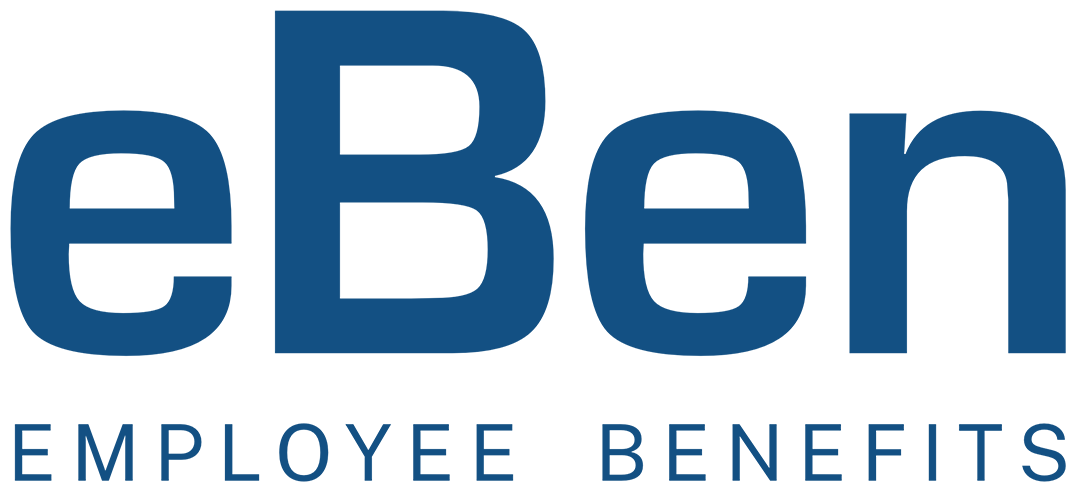Healthcare Savings Account
As consumers continue to take a more active role in their health care, Health Savings Accounts (HSA) are becoming more common.
An HSA is a tax-exempt savings account for eligible out-of-pocket medical expenses. A few things you need to know about HSAs – By law, only people with a High-Deductible Health Plan (HDHP) can open an HSA. The federal government defines both the minimum deductible required for an HDHP each year, as well as the annual contribution limits. That information can be found at www.irs.gov
What Are The Advantage Of An HSA?
- Contributions are not taxed, and anyone can contribute on the account holder’s behalf.
- Any interest or earnings on the HSA grow tax-free.
- Payments for qualified medical expenses are not taxed.
- HSA funds can be invested.
- There is no “use-it-or-lose-it” like with a Flexible Spending Account. The money left in the HSA at the end of the plan year rolls over to the next year.
- The money in the account belongs to you, not your employer.
- HSAs are portable if you change jobs or change health coverage.
What Are The Contribution
& Out-Of-Pocket Limits For 2023
| HSA Contribution Limits | 2022 | 2023 | Change |
|---|---|---|---|
| HSA Contribution Limits | Employer + Employer (Self-Only) | $3,650 | $3,850 | $200 |
| HSA Contribution Limits | Employer + Employer (Family) | $7,300 | $7,750 | $450 |
| HSA Catch-Up Contributions Age 55 or Older | $1,000 | $1,000 | No Change | HDHP Min. Deductibles (Self-Only) | $1,400 | $1,500 | $100 |
| HDHP Min. Deductibles (Family) | $2,800 | $3,000 | $200 |
| HDHP Max. Out-Of-Pocket Amounts (Self-Only) | $7,500 | $7,050 | $450 |
| HDHP Max. Out-Of-Pocket Amounts (Family) | $15,000 | $14,100 | $900 |
Who Is Eligible?
The following criteria are used to determine eligibility:
- The member must be enrolled in a qualified HDHP.
- The member cannot have medical benefits from any other non-qualified health plan (See other health coverage here).
- The member is not eligible to be claimed as a dependent on another person’s tax return.
- The member must not be eligible for Medicare.
For group plans, you and/or your employer may contribute to the account up to the IRS limit. Typically, you’ll contribute through payroll deductions. In addition to setting automatic contributions, you may also contribute additional funds at any time through a secure bank transfer.
For individual plans, the individual, family members, or anyone else can make contributions on behalf of an eligible individual. Contributions can be made at any time during the year in any increment. You can make contributions all at once at the beginning or the end of the year or in equal amounts throughout the year. Contributions can be made in cash or through a rollover from another HSA. Rollover contributions are not subject to the annual contribution limits.
What Can I Use My HSA Dollars For
The money can be used to pay your deductibles and coinsurance for qualified medical expenses, including those not covered by the health plan, like dental and vision care. If you use your HSA for non-qualified expenses, the money you withdraw will be subject to income tax and an additional 20 percent penalty. Afterage 65, the 20 percent penalty is not applicable although the distribution is treated as taxable income.If you are no longer eligible to contribute toward an HSA, you can still receive tax-free distributions to pay or reimburse your qualified medical expenses if you still have money in your account.


